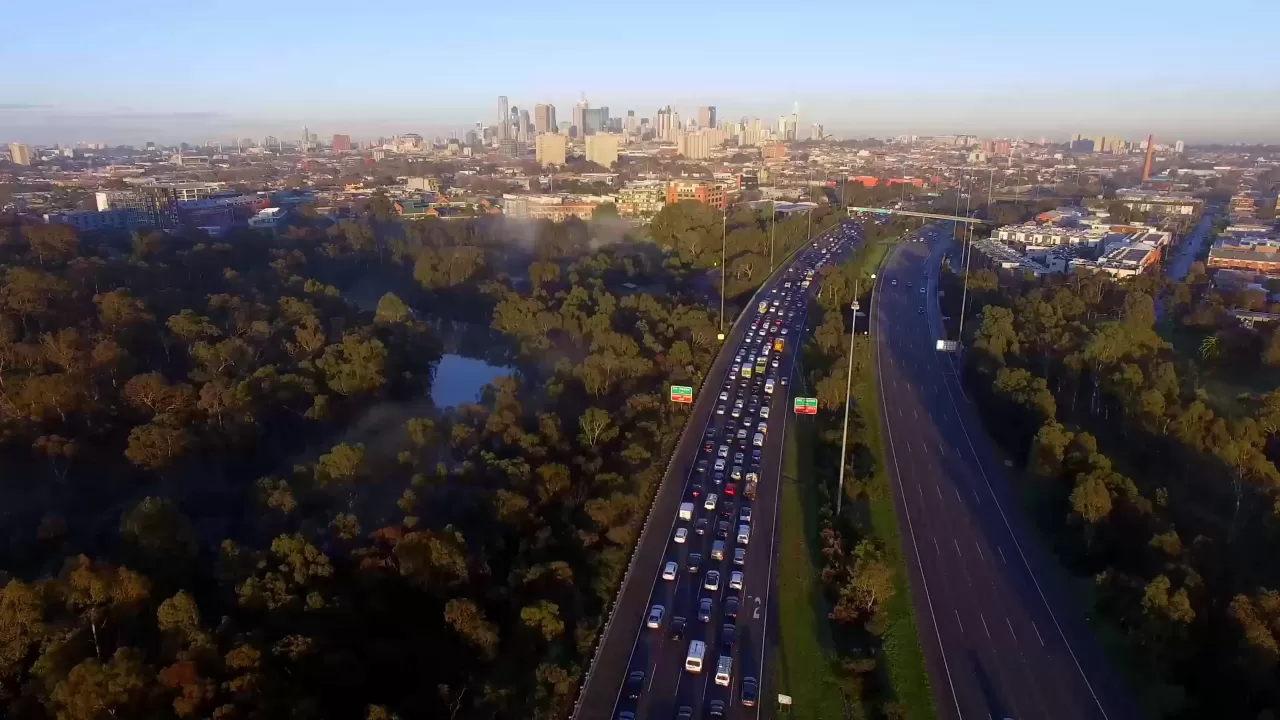
Professor Mark Stevenson
Transport, Health, and Urban Systems Research Lab, Faculty of Architecture, Building and Planning; Faculty of Engineering and Information Technology; and Melbourne School of Population and Global Health, University of Melbourne
See research profile
How many 20-minute neighbourhoods does Melbourne really have?
Walkable cities are gaining traction. Our Map of the Month shows which Melbourne suburbs are walking distance to childcare, pharmacies and GPs

Environment
Decarbonising transport for our health
Transforming Australia’s carbon-intensive road transport system can also solve one of our most significant public health challenges

Sciences & Technology
Giving Australians ‘smart’ incentives to drive safe
Personalised driver feedback and financial incentives are part of innovative strategies to respond to Australia’s increasing rates of road trauma

Sciences & Technology
Our health is compromised by our global fossil fuel addiction
Climate change is affecting the health of people around the world; transitioning to net-zero emissions could be the greatest health opportunity this century

Environment
Clear skies and longer lives
Global COVID-19 pandemic restrictions provided a natural experiment in understanding the relationship between transport and air pollution

Environment
Australia given serious health warning on climate change
Research monitoring the health impact of climate change highlights the escalating global emergency and the threat to the Australian way of life.

Health & Medicine
We need to talk about elimination vs suppression in Australia again
New epidemiological and economic modelling finds that elimination is better than a suppression strategy for COVID-19

Health & Medicine
The impact of air pollution on life expectancy
Air pollution is already having devastating effects on human health, now a new study shows how particulate matter in the air is associated with premature deaths

Health & Medicine
Modelling Victoria’s escape from COVID-19
Dynamic policy models can help us think through how we get to ‘COVID-Normal’. Here the researchers behind the latest modelling explain what it does and doesn’t do
